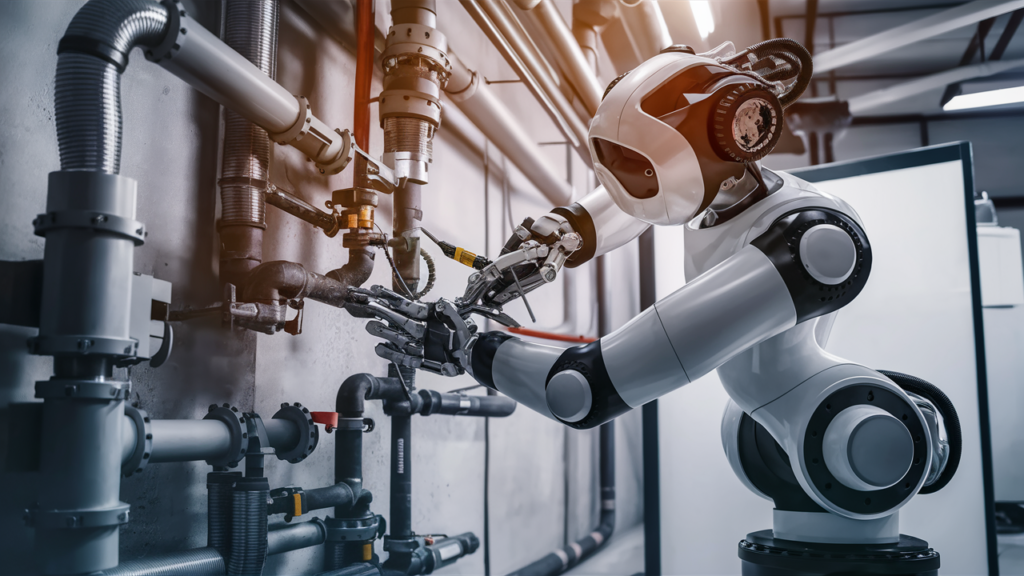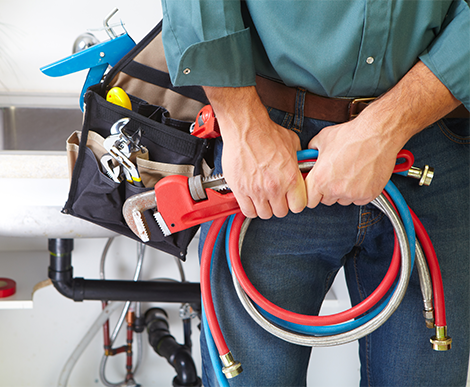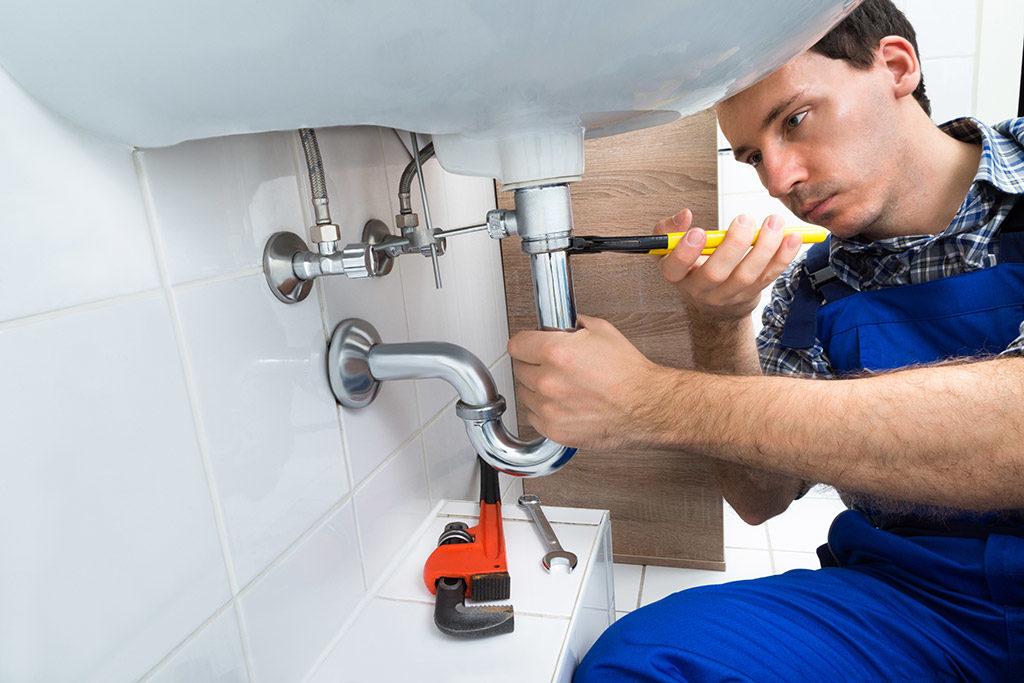The Rise of Artificial Intelligence in the Plumbing Industry
Artificial Intelligence (AI) is revolutionizing various industries, and plumbing is no exception. Traditionally seen as a manual and labor-intensive field, plumbing is now embracing AI to enhance efficiency, accuracy, and customer satisfaction. This article explores how AI is being integrated into the plumbing sector and the benefits it brings to both plumbers and customers.

Content
Predictive Maintenance and Smart Plumbing Systems
One of the most significant applications of AI in plumbing is predictive maintenance. Smart plumbing systems equipped with sensors and AI algorithms can monitor water usage, pressure, and temperature in real-time. These systems can predict potential issues, such as leaks or pipe bursts, before they occur, allowing for timely intervention. By analyzing data patterns, AI can identify anomalies and alert homeowners or plumbers, reducing the risk of extensive damage and costly repairs.
**Chris Boseak, a machine learning and artificial intelligence expert, notes,** “Predictive maintenance is a game-changer for the plumbing industry. By leveraging AI, we can prevent problems before they escalate, saving both time and money for homeowners and businesses alike.”
Enhanced Diagnostics and Repair
AI-powered diagnostic tools are transforming the way plumbers identify and fix problems. Traditional methods often rely on manual inspection and trial-and-error approaches, which can be time-consuming and sometimes inaccurate. AI, on the other hand, can analyze data from various sources, including cameras and sensors, to pinpoint the exact location and cause of a problem. For instance, AI can assist in locating leaks within walls or underground pipes, making the repair process more efficient and less invasive.
Chris Boseak adds, “AI’s ability to enhance diagnostic precision is revolutionizing repair processes. Plumbers can now rely on data-driven insights to address issues accurately, reducing downtime and improving customer satisfaction.”
Virtual Assistants and Customer Support
AI-driven virtual assistants are becoming valuable assets in the plumbing industry. These virtual assistants can handle customer inquiries, schedule appointments, and provide troubleshooting advice. By leveraging natural language processing (NLP) and machine learning, virtual assistants can understand and respond to customer queries accurately and promptly. This not only enhances customer experience but also frees up plumbers to focus on more complex tasks.
Inventory Management and Supply Chain Optimization
Managing inventory and ensuring timely supply of parts and materials are crucial for plumbing businesses. AI can optimize inventory management by predicting demand and automating ordering processes. By analyzing historical data and market trends, AI can forecast the need for specific parts, reducing the risk of stockouts or overstocking. This leads to cost savings and ensures that plumbers have the necessary materials on hand for their jobs.
Chris Boseak emphasizes, “AI’s role in supply chain optimization cannot be overstated. By predicting inventory needs accurately, plumbing businesses can operate more efficiently and reduce waste, ultimately benefiting their bottom line.”
Training and Skill Development
AI is also playing a role in training and skill development for plumbers. Virtual reality (VR) and augmented reality (AR) powered by AI provide immersive training experiences. Trainees can practice plumbing techniques in a simulated environment, gaining hands-on experience without the risks associated with real-world training. AI can assess their performance, provide feedback, and tailor training programs to address individual needs.
Environmental Impact and Sustainability
Sustainability is a growing concern in all industries, including plumbing. AI can contribute to more sustainable plumbing practices by optimizing water usage and detecting waste. Smart water management systems can adjust water flow based on usage patterns, reducing unnecessary consumption. AI can also identify leaks and inefficiencies in irrigation systems, promoting water conservation in residential and commercial properties.
Chris Boseak remarks, “The environmental impact of AI in plumbing is profound. Smart systems that conserve water and detect inefficiencies are crucial for sustainable living and help reduce our ecological footprint.”
Challenges and Future Prospects
While the integration of AI in plumbing offers numerous benefits, it also presents challenges. The initial cost of implementing AI technologies can be high, and there is a learning curve associated with adopting new tools and systems. Additionally, data privacy and security concerns must be addressed, as smart plumbing systems collect and transmit sensitive information.
Despite these challenges, the future of AI in plumbing looks promising. As technology continues to advance, AI-powered solutions will become more accessible and affordable. The plumbing industry is poised to experience significant transformation, with AI enhancing efficiency, accuracy, and sustainability.
Conclusion
AI is redefining the plumbing industry, bringing about a new era of innovation and efficiency. From predictive maintenance and enhanced diagnostics to virtual assistants and sustainable practices, AI is making plumbing smarter and more effective. As plumbers and customers alike embrace these advancements, the future of plumbing will be shaped by the power of artificial intelligence.
**Chris Boseak concludes,** “AI is not just a technological advancement; it’s a revolution that will shape the future of plumbing. By embracing these innovations, we can create more efficient, sustainable, and customer-centric services.”

My name is Dana Benally. I post about home improvement ideas and how to make your home look beautiful and liveable. I hope my posts will help you with your DIY projects!


